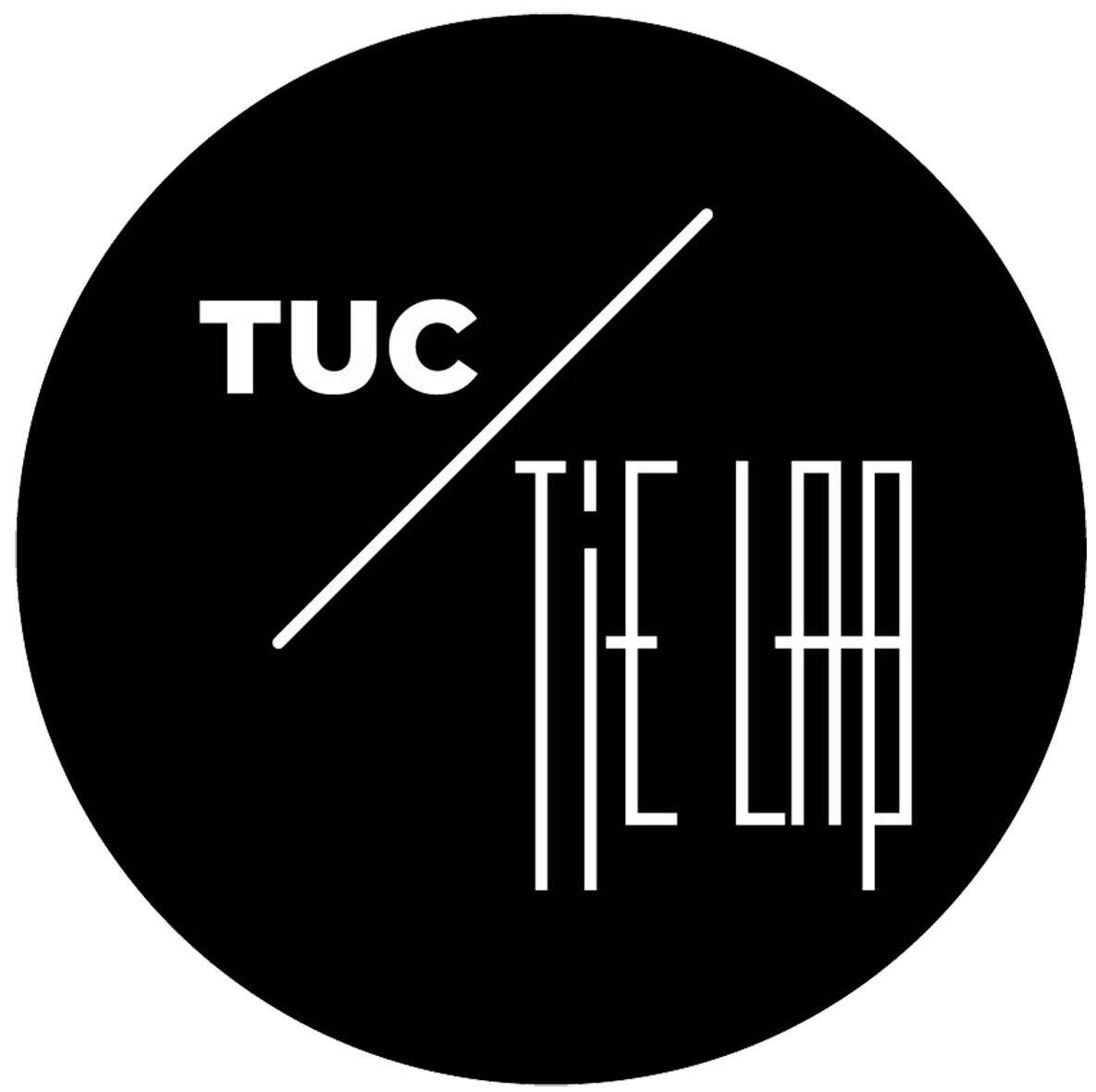EDITH ACKERMANN
TUC TIE Lab Network
e: edith@media.mit.edu | url: http://web.media.mit.edu/~edith/
Edith Ackermann is a Research Affiliate at the MIT School of Architecture and former Associate Professor of Media Arts and Sciences at the MIT Media Laboratory. She worked as a Senior Research Scientist at MERL (Mitsubishi Electric Research Laboratories). Earlier academic earnings include: Honorary Professor of Psychology, Université Aix-Marseille, France; Scientific Collaborator at the Centre International d’Epistémologie Génétique in Geneva, under the direction of Jean Piaget; and Junior Faculty at the Faculté de Psychologie et Sciences de l’Education, University of Geneva. Ackermann holds a Doctor of Developmental Psychology, two Master’s degrees in Developmental Psychology and Clinical Psychology, and a Bachelor of Experimental Psychology degree, all from the University of Geneva, Switzerland. Current appointments and collaborations include: the Personal Robots Group at the MIT Media Lab; the Computing Group at the MIT School of Architecture; the REAL Group at the Harvard Graduate School of Design in Cambridge, MA, USA, the Exploratorium Science Museum, San Francisco, CA; and the LEGO Group.
Research areas: She is interested in the transactions between people, places, and things, and how these transactions evolve over time—as people grow, transit, or settle, and as technologies themselves are changing. Areas of research include: human uses of cultural artifacts as self-orienting devices; lived-in spaces as transitional zones; the “relational” qualities of man-made artifacts, i.e., their abilities to occasion enchanting, amusing, or challenging encounters. Of particular interest in this context are the evocative, transformative, and “holding” powers of artifacts, respectively their potential to bring about meaningful associations, to “let people in”, and to sustain engagement and capture human imagination over time. She pursues these interests in the context of trans-disciplinary research efforts involving human learning in a broad sense: from children’s play to organizational change, from personal growth to group innovation. She explores how digital technologies can support human learning. She studies how people themselves shape their world to better their lives. Her overall purpose: Help innovative teams of researchers and practitioners bring strategic research to design, and user-centered design to product development; Imagine and design activities, artifacts, and spaces that bring about delight and foster personal and societal growth; Bring users back into the design process.

